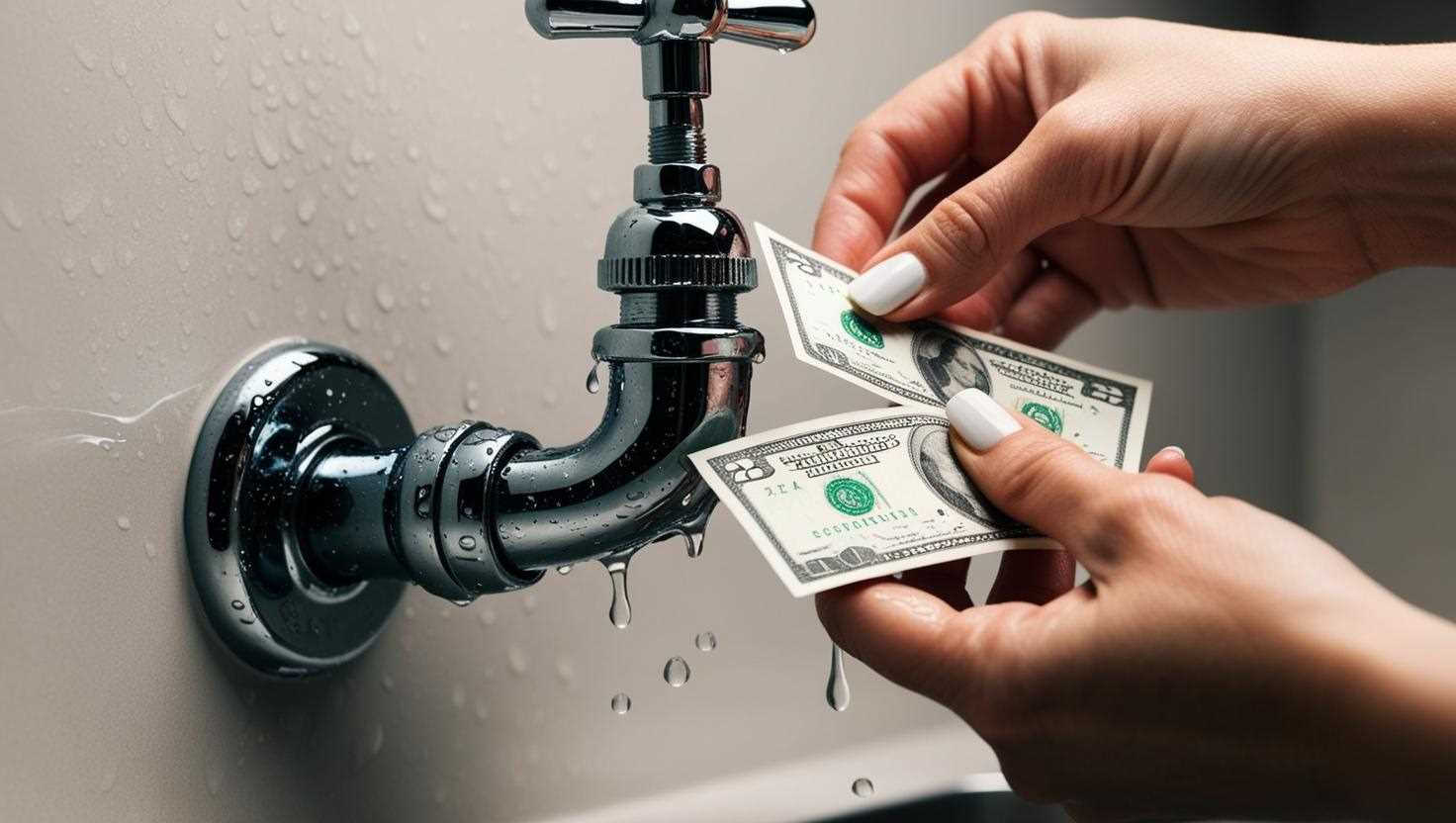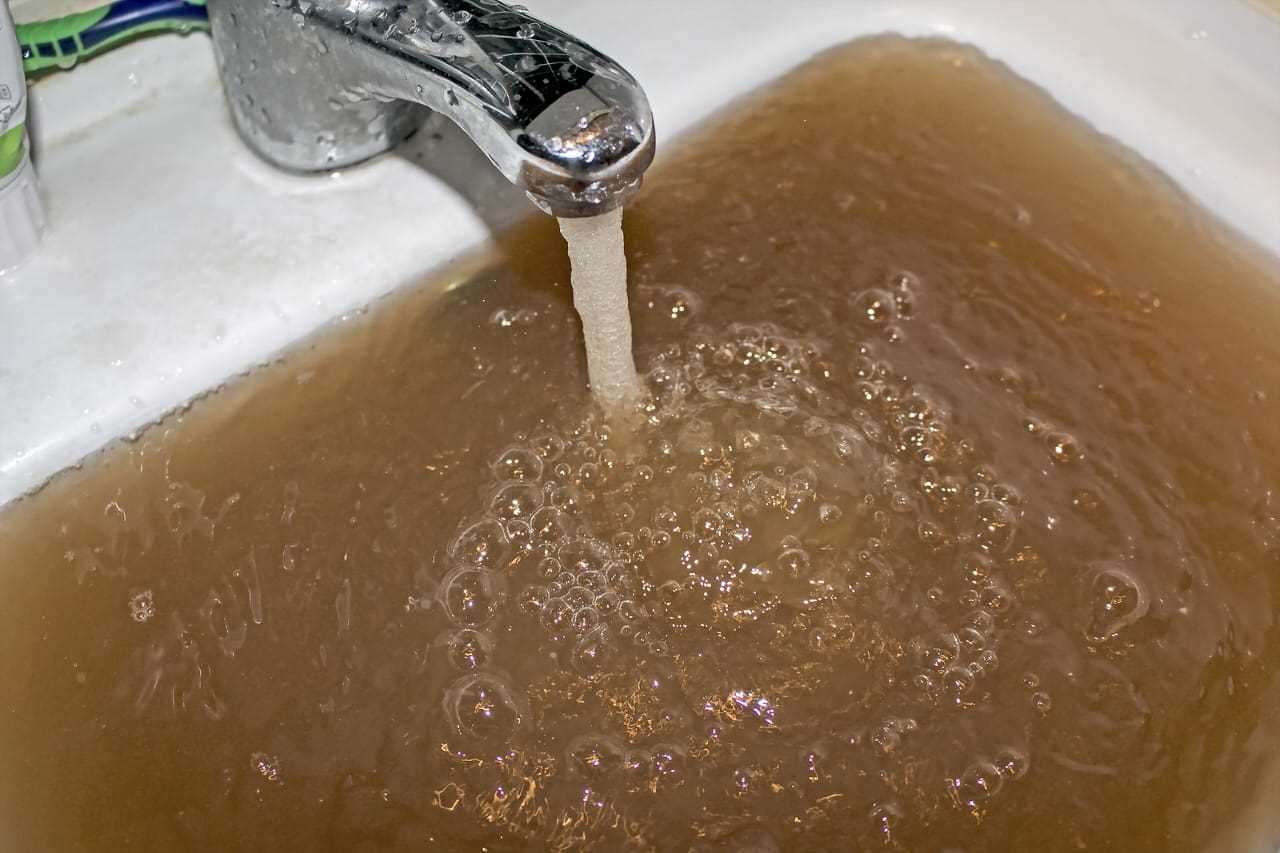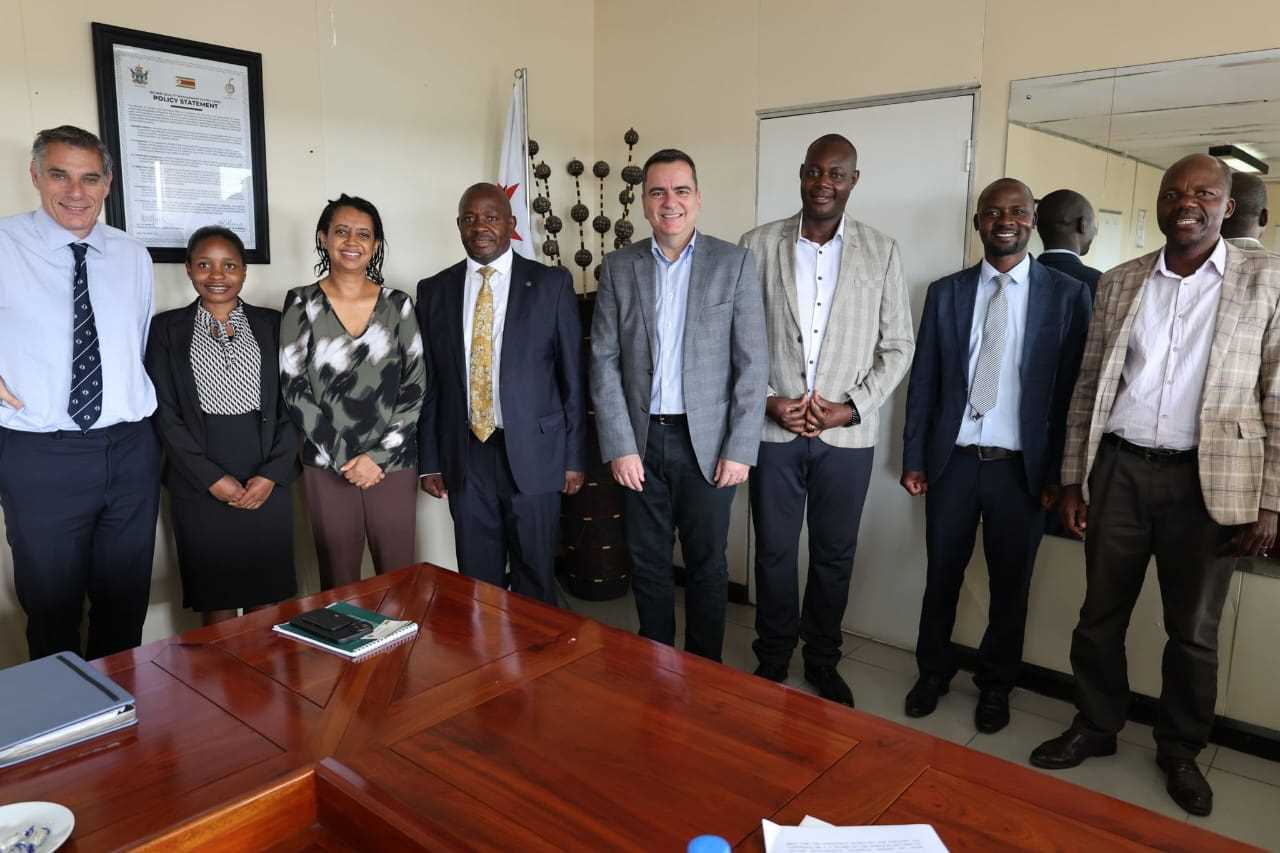
Oscar J Jeke
Zim Now Reporter
Five companies have expressed interest in the government’s newly approved water privatisation initiative, aimed at addressing the country's urban water challenges.
The government has officially greenlighted the privatisation process, inviting both local and international private sector players to submit proposals for managing the entire water value chain, including purification, distribution, billing, and metering.
Minister of Local Government Daniel Garwe confirmed the approval, stating, “We are now in the process of inviting private sector players to bring proposals, expressions of interest. These are going to be unsolicited bids.
"We want somebody with the capacity to engineer, procure, construct, manage, and finance.”
The selection process for the proposals is expected to conclude by next week.
Out of the total proposals received, three are from international firms, while two are from local companies. The government’s comprehensive approach includes transitioning to smart water metering systems to replace outdated meters and implementing leak detection systems modeled on successful practices from Nigeria and Algeria.
Related Stories
The privatisation will focus on priority cities such as Harare, Bulawayo, and Victoria Falls, with visible progress anticipated by late January or early February 2025.
Key water sources for Harare include the Muchekeranwa Dam and the under-construction Kunzvi Dam, with coverage extending to areas like Melfort, Goromonzi, Ruwa, Mabvuku, and Zimre Park.
The announcement has sparked mixed reactions among stakeholders. Brighton Washe emphasized the importance of water supply as a right and a security concern, warning that it is a “serious neglect of responsibility” to relegate this responsibility to private entities.
One Lloyd Mashango supported privatisation as a means to enhance efficiency, arguing that “the government cannot shoulder everything.”
“I would say introduce prepaid water meters. One gets what they have paid for in advance, just like with electricity. It would stimulate payments and boost cash flows,” he said.
Simbarashe Mandidoma, however, raised concerns about constitutional violations regarding basic human rights in relation to water access.
“Water is a basic human right, and privatizing it is in clear violation of the constitution. Provision of water is a public good that should never be profit-driven,” he argued.
Countries that have privatised water supply include England, Wales, Bolivia, Chile, Argentina and South Africa. In all those countries price hikes have led to calls for renationalisation of the water supply services.




















Leave Comments